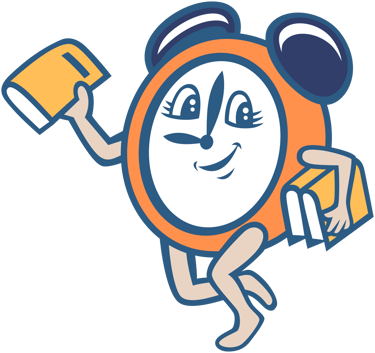How Games Can Make Learning New Vocabularies Easier and Enjoyable Using a Vocabulary App
2/3/20252 دقيقة قراءة


Learning new words is an essential part of mastering any language, but it can often feel like a tedious task. Memorizing lists of words, drilling through flashcards, and revisiting dictionaries can become repetitive and overwhelming. However, integrating games into vocabulary learning transforms this experience into something engaging, interactive, and enjoyable.
The Power of Gamification in Language Learning
Gamification involves applying game-like elements to non-gaming activities, such as learning, to boost motivation and retention. Many vocabulary apps, like Vlug, utilize this approach to make acquiring new words feel more like an adventure than a chore.
Here’s how games can enhance vocabulary learning:
1. Boosts Motivation Through Challenges and Rewards
Games naturally encourage progress by providing rewards such as XP points, streak bonuses, and leaderboard rankings. When users feel a sense of achievement after completing a level, unlocking a badge, or reaching a milestone, they are more likely to continue practicing regularly.
2. Enhances Retention With Repetition and Reinforcement
Repetition is key to retaining new vocabulary, and games make it enjoyable by incorporating words into engaging activities. Instead of monotonous memorization, vocabulary apps use challenges like word-matching puzzles, fill-in-the-blank exercises, and timed quizzes to reinforce learning.
3. Encourages Active Engagement Instead of Passive Learning
Unlike traditional methods where learners passively consume information, games require interaction. When playing a word association game or engaging in a 1v1 vocabulary challenge, learners actively use the words, making them easier to recall later.
4. Creates a Competitive Yet Fun Environment
Many vocabulary apps introduce multiplayer games or community challenges, allowing users to compete with friends or other learners. This social aspect not only fosters engagement but also pushes learners to improve through friendly competition.
5. Adapts to Different Learning Styles
Not everyone learns the same way. Some people learn better through visuals, while others prefer auditory cues or hands-on practice. Vocabulary apps incorporate various game formats like:
- Flashcard games for visual learners
- Audio-based quizzes for auditory learners
- Typing and spelling challenges for kinesthetic learners
How Vlug Makes Vocabulary Learning More Fun
Vlug takes the best elements of gamification and integrates them into its vocabulary learning experience. Here’s how it makes learning new words enjoyable:
- Daily Word Challenges: Users receive a ‘Word of the Day’ challenge to keep up with new vocabulary regularly.
- XP Leaderboard: Earn XP points every time you learn a word, complete a challenge, or maintain your streak.
- Folder Organization: Users can categorize their learned words into folders, helping them track progress more effectively.
- Interactive Pronunciation Features: Get instant AI-generated voice pronunciations for each word to improve listening and speaking skills.
Final Thoughts
If learning new vocabulary has ever felt like a struggle, gamification can turn it into an exciting and enjoyable experience. By integrating fun, competition, and rewards, vocabulary apps like Vlug ensure that learning new words is no longer just an academic exercise but an engaging habit. So why not start playing and mastering new words today?
Try Vlug now and make vocabulary learning fun!
فلوخ - تطبيق تذكيرات
صديقك الجديد لكلماتك الجديدة
info@vlugapp.com
© ٢٠٢٥ - كل الحقوق محفوظة
رقم الغرفة التجارية في هولندا 98021249



